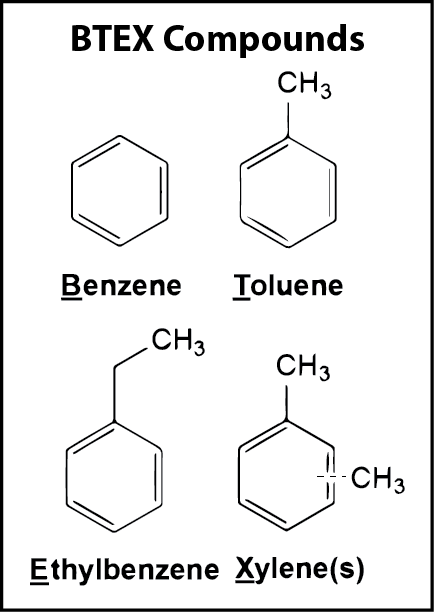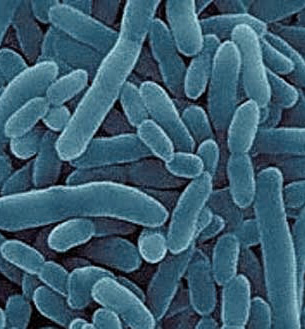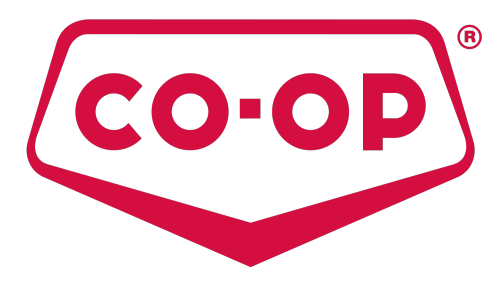Problem- Benzene Contamination

Benzene and alkylbenzenes (BTEX) are petroleum-derived compounds and widespread groundwater contaminants arising from accidental rerelease at industrial facilities, oil refineries, pipelines, and mining operations. The Canadian Federal Contaminated Sites Inventory includes more than 6,000 sites contaminated with petroleum hydrocarbons.
Benzene in particular is:
Solution- Bioaugmentation
Although aerobic biodegradation of benzene and BTEX compounds can be effective, it is not always possible or cost effective to deliver sufficient oxygen into the subsurface to facilitate aerobic processes.
Therefore, this project is optimizing and scaling-up microbial cultures and monitoring tools that will drive an in-situ remediation approach that operates under prevailing anaerobic conditions, substantially enhancing natural attenuation processes. Our solution will:

Implementation
Researchers in BioZone at the University of Toronto are working with SiREM, Imperial Oil, and Federated Co-operatives to scale-up, field test, and bring this BTEX degrading bioaugmentation technology to market. Project activities include:
Industry Partners



